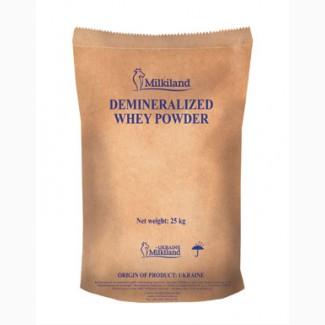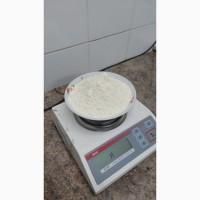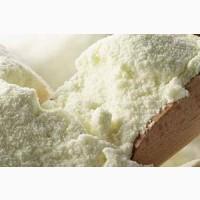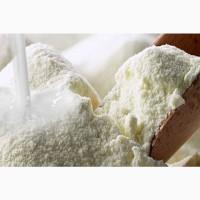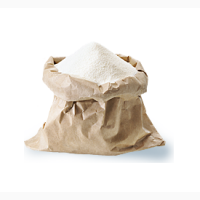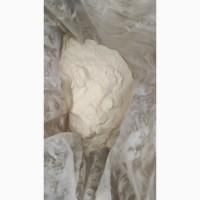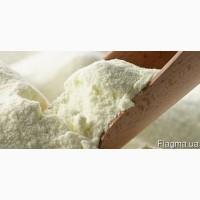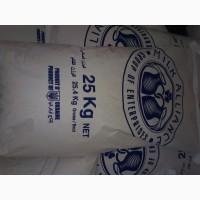Sell / buy
Whey dry milk demineralized, Lviv region.
Price|| |12750 UAH.
Region:
Lviv Region
(Lviv)
Оновлено:
Whey contains 93-94% water, 0.7-1% proteins (mainly albumins and globulins), 4, 5-4.7% carbohydrates (milk sugar), 0.04-0.05% fat, 0.5-0.7% mineral salts. When milk is fermented with rennet enzyme, sweet whey is obtained, and sour whey is obtained with lactic acid bacteria. Sweet whey is more nutritious than sour. 100 kg of it contains 11 feed units and 0.9 kg of digestible protein. The main amount of whey is obtained during the production ofcheese.
Whey contains B vitamins, vitamin C, nicotinic acid, choline, vitamin A, vitamin E and biotin. Whey also contains calcium, magnesium and probiotic bacteria. 1 liter of serum contains 60% of the daily requirement of an adult's body in calcium, almost entirely in vitamin B2 and 40% in potassium.(//tractor-service.com)
Whey is used for the production of albumen milk, milk sugar, various drinks (kvass, rivella), as well as for feeding andfattening of pigs. Dry whey is part of milk substitutes for young domestic animals.
Whey protein (or whey protein concentrate, KSB) is also produced from whey, with a protein concentration of 72-82%, depending on the manufacturer and product quality. It is used in the production of sports and children's dietary dairy food.
Whey is also used when baking various pastries
Whey contains B vitamins, vitamin C, nicotinic acid, choline, vitamin A, vitamin E and biotin. Whey also contains calcium, magnesium and probiotic bacteria. 1 liter of serum contains 60% of the daily requirement of an adult's body in calcium, almost entirely in vitamin B2 and 40% in potassium.(//tractor-service.com)
Whey is used for the production of albumen milk, milk sugar, various drinks (kvass, rivella), as well as for feeding andfattening of pigs. Dry whey is part of milk substitutes for young domestic animals.
Whey protein (or whey protein concentrate, KSB) is also produced from whey, with a protein concentration of 72-82%, depending on the manufacturer and product quality. It is used in the production of sports and children's dietary dairy food.
Whey is also used when baking various pastries
|
Author, contacts | |
Yuriy/ reviews, info . / activity evaluation | |
|
Phone:
+380xxxxxx
show
| |
Ad ID: #823423
(added by a registered user, registration date: 05-27-2017)
Added / Updated: 08-26-2024 10 :19 (current, until: 08-26-2025)
Permanent Ad Address:
Shows / views for today: ?, total: ?
